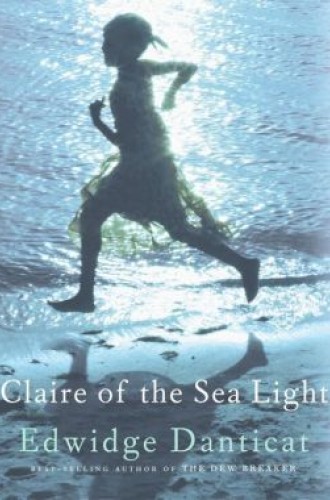The textures of a place
Reading Edwidge Danticat’s novel Claire of the Sea Light is like swimming through a gentle tide in a body of water known for riptides. The feeling that something invisible, fierce, and irreparable is just under the surface never quite leaves the corner of the reader’s mind.
The story traces relational ties in Ville Rose, a small coastal village town in Haiti. If the story itself were a rose, then Claire Limyè Lanmè would be the tightly curled center. Danticat starts from that center, touches the tightly overlapping petals of Claire’s family, and moves on slowly toward the edges of these connections with Claire—allowing the drama of each life touched upon to open, or close, without force.
Many things happen to the people in Claire’s story: love, birth, illness, murder, success, and indiscretion. But what stays with the reader most is the sense of a body of people in a particular place over generations—the textures of belonging, longing, betrayal, and folklore as palpable as wet salt in the air near the sea.






